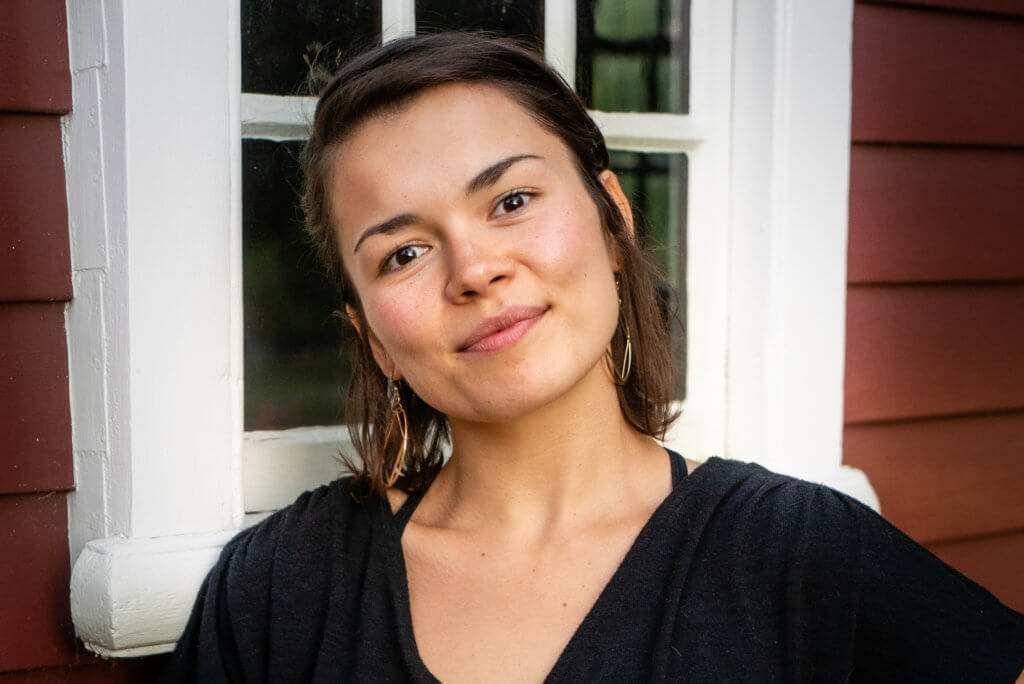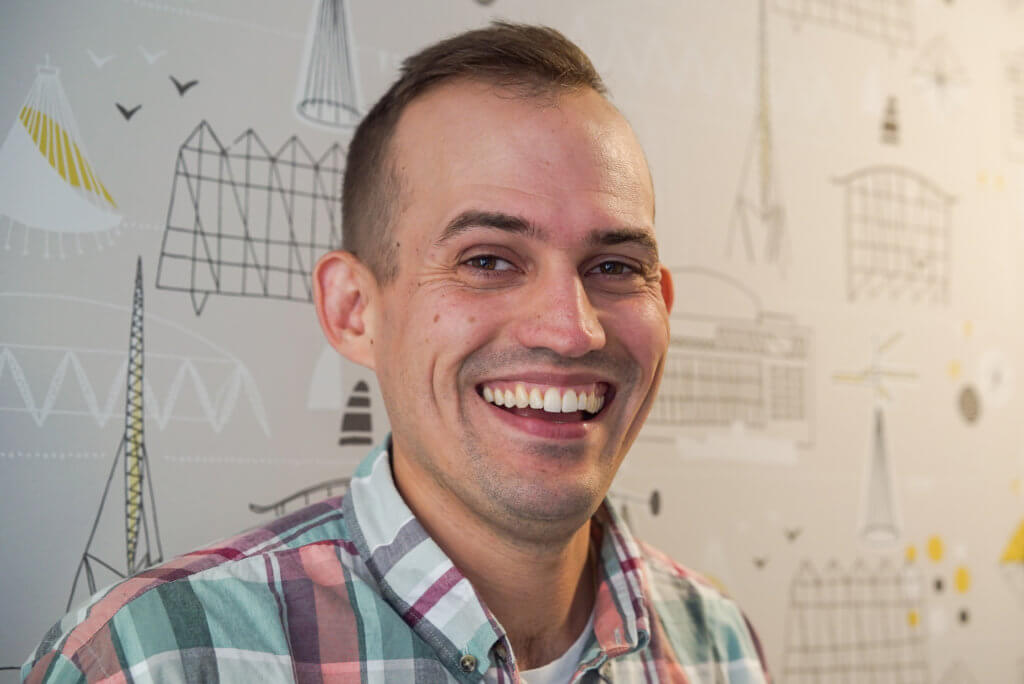Episode
Highlights
A SHIP SITS IN NEWPORT HARBOR
It’s August, 28, 1766. A ship sits in Newport harbor, ready to sail to the Gold Coast of Africa with the instructions to buy as many Africans as possible, enslave them, and transport them to Barbados, where they will be sold to the highest bidders. The ship’s captain is Nathaniel Briggs, a man from Tiverton, Rhode Island, who knows the routes to West Africa like the back of his hand. He was hired for this journey, as he would be hired for years to come, by a man named Aaron Lopez.

Aaron Lopez | Photo: Courtesy of American Jewish Historical Society
CONVERSO
He’s born in Lisbon, Portugal in 1731 to a big Jewish family. But he’s born under the Spanish Inquisition, which has been going on for 300 years and killed or displaced countless people who are not Catholic. So, Aaron Lopez and his family are known as conversos or marranos. They live ostensibly Catholic lives, but they are still practicing their Jewish faith in total secrecy.
Duarte’s family has told him not only will the New World allow him to make more money than he ever dreamed of, he can also be freely Jewish. He decides to set sail.
MAKING A MERCHANT
“He’s making several layers of network. He’s starting to cultivate other contacts in New York. And contacts in the Caribbean. He’s got contacts in Lisbon that he can play on. He’s developing contacts with important merchants in London and Bristol who can tell him you know what prices he’s likely to have to pay for the English goods that people want on the colonial side of things because they can’t make them themselves under the law under British law.”
—HISTORIAN, HOLLY SNYDER
BECOMING A CITIZEN
In 1761, Aaron decides to apply for naturalization, just like his brother and cousin did when they got to New York 20 years ago.
“Foreasmuch as Aaron Lopez hath declared himself to be by religion a Jew, this Assembly doth not admit him nor any other of that religion to the full freedom of this colony, so that the said Aaron Lopez nor any other of said religion is liable to be chosen into any office in this colony nor allowed to give a vote as a freeman in choosing others.“
—RESPONSE FROM, RI ASSEMBLY IN 1761
“All of these things are kind of demonstrably false. Jews have been naturalized in every other British colony under the 1740 act. But it becomes a convenient excuse for Samuel Ward and his buddies to kind of deny Lopez and Elizer the right to be naturalized in Rhode Island.”
—SNYDER

Holly flips through the logbook | Photo: Ana González

The logbook stops when the captians reach Africa | Photo: Ana González
CITIZEN AND SLAVER
While this is all going on, a ship carrying goods from New England is sailing up and down the west coast of Africa, trading rum for enslaved Africans. This is when Aaron decides to become a slave trader. He and his cousin finance a slave ship in the Fall of 1761. The ship makes its first voyage to Jamaica, picks up rum and goes to Africa. The rum is traded for human cargo. Months later, Aaron’s first shipment of enslaved people is sold to the highest bidders in South Carolina.
“You know it’s brutal to kind of talk about human beings in that way. But that’s exactly how they were seen. They were just another kind of cargo or another kind of livestock. As shocking as that sounds to us now. That is the way they saw it. And that’s the way they justified what they did.”
—SNYDER
For the next 12 years, Aaron Lopez finances the voyages of close to 30 slave ships, forcing over 1,000 Africans into lifetimes of oppression and enslavement.

Touro Synagogue today | Photo: Courtesy of Touro Synagogue
TOURO SYNAGOGUE
December 2nd, 1763 is a Friday during Hanukkah. Aaron Lopez and his family are standing in a crowd on Spring Street in Newport. He’s a wealthier man than he’s ever been. He sings and prays with his community as they celebrate the grand opening of their long-awaited house of worship, known colloquially as Touro Synagogue.
“Every existing colonial building in Newport had some level of direct or indirect slave labor. But again what I try to present is that these buildings then and today are seen as architectural masterpiece. And the men and women and children worked on them were not beasts of the fields. They were artisans. And if we recognize the historic importance of those buildings, shouldn’t we also recognize the historic importance of the people who built them?”
—KEITH STOKES


